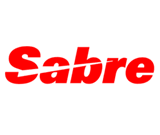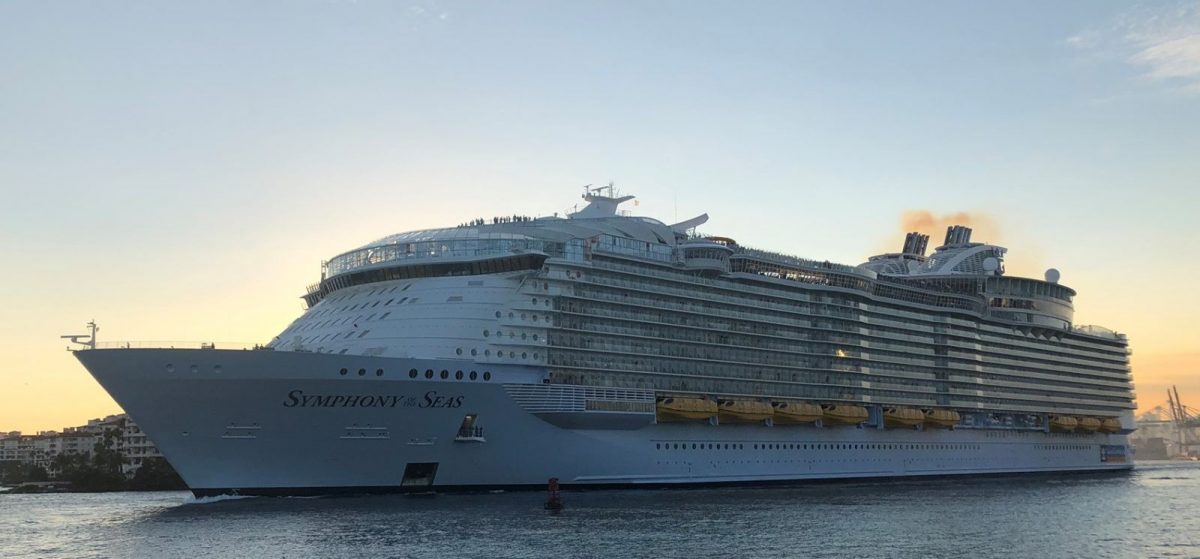GDSs: We will survive

At this week’s Eye For Travel conference, executives from Sabre, Galileo, Amadeus and Worldspan stood up to claims that GDSs would not stand the test of time.
Debate moderator, Mike Fill, a partner at Item Consulting, opened the discussion by saying: “I don’t know if everyone likes the GDSs, but we all agree they have to change.”
Sabre vice president e-commerce business development, Floyd Widener said GDSs were already changing. He said : “The GDS of tommorrow will not be purely a technology company, but will be marketing partners for corporations, agents, hotels and airlines.”
Worldspan vice president business development EMEA, Tim Wright suggested that GDSs would survive in the future by adding content, although all four executives agreed that air sales still represented about 90 percent of transactions. Mr Wright said: “GDSs were built initially around the airlines, but that has changed. We will try and add as much value as we can to reinvent ourselves as a business and provide access to more content. It is a technology challenge but also comes down to marketing”.
Amadeus e-travel director of corporate solutions, Peter Waters said Amadeus was adapting its business strategy to incorporate more content. He said: “We will continue to strive to deliver as much content as possible, and add value by trying to provide all things for all men, but there will always be more content we can add.”
 Galileo vice president product marketing and development EMEA, Jonathon Siddons said: “Two or three years ago there was a comment about GDSs being dinosaurs, but now that is not the case. When you look at the business model in place there is a tremendous amount of opportunity for GDSs to transform the supply chain. We will reposition from a technology company, to a technology enabling and marketing role.”
Galileo vice president product marketing and development EMEA, Jonathon Siddons said: “Two or three years ago there was a comment about GDSs being dinosaurs, but now that is not the case. When you look at the business model in place there is a tremendous amount of opportunity for GDSs to transform the supply chain. We will reposition from a technology company, to a technology enabling and marketing role.”
 Genesys senior partner, Paul Richer (pictured) suggested to the panel that GDSs could not lower the fixed costs of their infrastructure to protect themselves if they lost market share. He said that airlines and hotels pushing sales through the internet could reduce transactions by as much as 30 or 40 percent, flipping GDS businesses into loss.
Genesys senior partner, Paul Richer (pictured) suggested to the panel that GDSs could not lower the fixed costs of their infrastructure to protect themselves if they lost market share. He said that airlines and hotels pushing sales through the internet could reduce transactions by as much as 30 or 40 percent, flipping GDS businesses into loss.
Worldspan’s Tom Wright responded: ” Some of the fixed costs are controllable, and they are being driven down by improvements in technology. The value we can add with our total global infrastructure is unbeatable.”
Moderator, Mr Fill suggested that through diversification GDSs could be taking business from agents and travel management companies.
Mr Widener from Sabre said travel suppliers had to adapt to new technology: “As GDSs diversify, agencies and travel management companies can exploit GDS tools and add value. If they don’t take up the tools, they could lose market share.
“Some segments of the market are gravitating to us.”
The four GDS executives formed a panel speaking at the Eye For Travel conference, e-Corporate Travel Europe 2003, which was held at the Kensington Hilton in London this week.
 United Kingdom
United Kingdom United States
United States Asia Pacific
Asia Pacific











































CLIA expands trade support with expedition event
Qatar Airways adding Manchester flights
Jet2 unveils Samos as new Greek destination for summer 2026
EU entry-exit system delayed again
ATC strike in Greece could disrupt flights this week